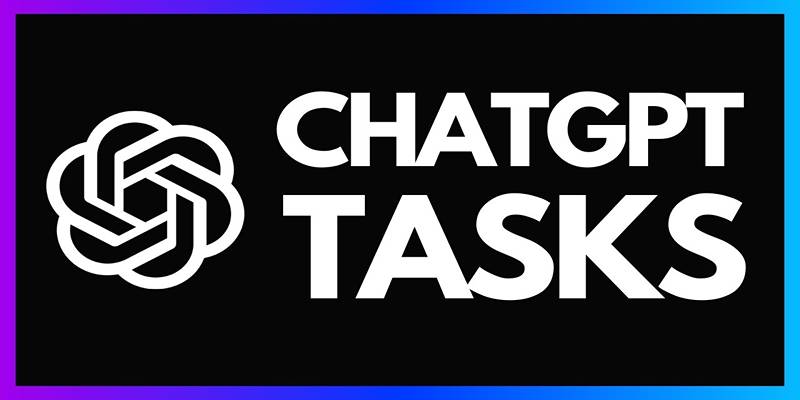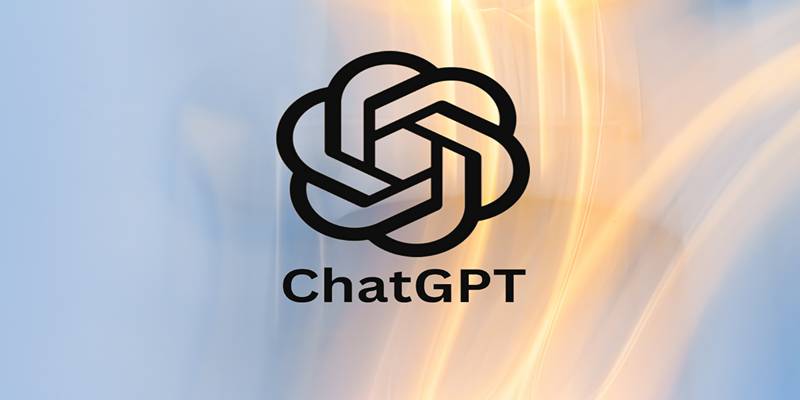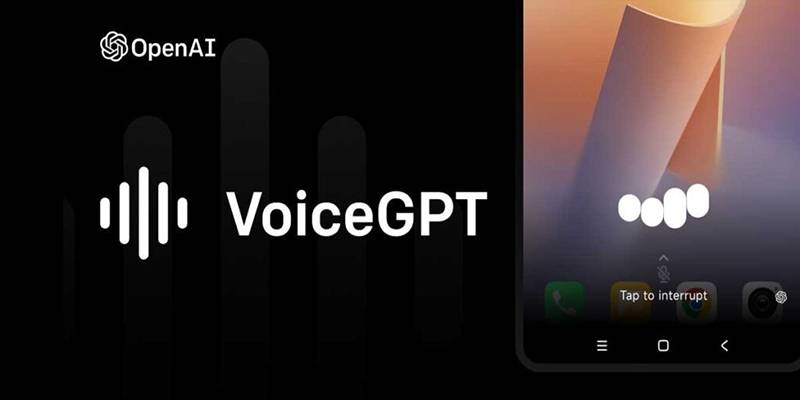Access to correct and well-organized information is very important in today's fast-paced digital world. With the rise of AI tools, many professionals, students, and everyday users have found a powerful companion in ChatGPT—particularly its Deep Research tool.
Unlike basic AI responses, this advanced feature allows users to perform more focused, in-depth research across a wide range of topics. Whether it’s finding the right sources, collecting statistics, or exploring trends, ChatGPT’s Deep Research tool has become a go-to solution for many. Here’s a breakdown of 8 practical ways people are using this tool to work smarter and live better.
1. Finding Sources for Projects
Before the rise of AI, finding solid sources for school or work projects was often a time-consuming task. Users had to bounce between Google, online libraries, forums, and even old-fashioned bookstore listings. Today, things are different.
With the Deep Research tool, ChatGPT can assist in uncovering relevant books, academic papers, articles, podcasts, and even documentaries. By entering clear prompts, users can direct the tool to find content that closely fits their project needs. What once took hours now takes minutes.
The tool also helps users explore these sources more deeply, offering summaries and context. Not every suggestion will be a perfect match, but many users report finding high-value resources they may have missed on their own.
2. Discovering Up-to-Date Statistics
Accurate data is essential for reports, marketing plans, or research papers. However, many search engines serve outdated stats, even in articles marked “latest.” It causes frustration and often delays progress.
ChatGPT’s Deep Research tool helps users locate statistics tied to a specific year or period. For example, someone looking for “fitness trends in 2025” or “email open rates in 2024” can get targeted, time-sensitive results.
It’s important to note that being precise in wording—such as using "in 2025" instead of "from 2023 onwards"—yields better results. While it's always wise to cross-check data from sources, this tool provides a fast and structured starting point.
3. Market Research and Trend Analysis

In competitive industries, understanding market changes is vital. Staying ahead of trends can shape better strategies, product launches, and content decisions.
The Deep Research tool is often used to gather insights on emerging markets, niche topics, or industry movements. It pulls together information from multiple reliable sources—blogs, research papers, news outlets—and delivers a summarized view. Professionals can scan through these results to get a feel for what's happening and then dig deeper where needed.
4. Researching Diet and Nutrition Plans
Health and fitness research is another area where the Deep Research tool proves useful. In the past, users had to search through various fitness forums and blogs to find relevant dietary advice. Today, the process is much simpler.
ChatGPT’s Deep Research feature helps create or refine diet plans based on personal fitness goals, such as weight loss, muscle gain, or training for events. It takes into account user input—like age, activity level, or dietary restrictions—and suggests practical meal plans.
While it’s not a substitute for medical advice, it provides a well-rounded starting point, allowing users to compare different plans and choose what fits best. It’s ideal for athletes, beginners, or anyone trying to improve their health through informed choices.
5. Getting Shopping Recommendations
Many users also rely on the Deep Research tool for shopping guidance. While AI can’t replace the experience of seeing a product in-store, it can help narrow down choices online.
When searching for items like gadgets, home appliances, or clothing, users can ask the tool for a list of recommended options, complete with images, features, and links to the sources. This summary view helps people compare what’s available without switching between multiple websites.
6. Comparing Prices Across Platforms
Once a product has been selected, the next logical step is price comparison. While many people are used to jumping between sites to find deals, ChatGPT can speed up that process.
Using Deep Research, the tool scans for multiple listings of the same item, factoring in details like product size, brand, and seller. It can also consider shipping costs, delivery timelines, and extra fees, helping users make smarter decisions overall.
While some still prefer manual searches for quick checks between one or two websites, Deep Research is useful when comparing across many platforms. It reduces the time spent hunting for deals, especially during seasonal sales or while shopping internationally.
7. Learning Words in New Languages

Language learners have a new resource in Deep Research. While apps and textbooks remain useful, many people now use ChatGPT to explore less formal aspects of language, such as slang, idioms, or regional phrases.
It is especially helpful for learners who already understand the basics but want to sound more natural when speaking. ChatGPT can provide words or phrases based on different situations, whether it's business, travel, or casual conversation.
For example, someone moving to Spain might ask for “everyday phrases used in Barcelona” and receive a focused list tailored to the local dialect and usage. It’s a practical, user-friendly way to expand language skills beyond the classroom.
8. Getting Book and Reading Suggestions
For book lovers, the search for the next great read can be exciting—but also overwhelming. With so many titles available, deciding what to read next often takes more time than expected.
Using the Deep Research tool, users can request reading suggestions by topic, author, or theme. Whether it's self-help books, science fiction, or business biographies, ChatGPT provides a selection of titles with short descriptions. Some users even ask for lists based on mood or goals, like “books to boost motivation” or “novels with strong female leads.”
Conclusion
The Deep Research tool in ChatGPT is more than just a smart search engine—it’s a versatile, time-saving assistant that helps people explore, learn, shop, and work more effectively. Its ability to pull accurate, focused, and well-organized content makes it valuable in many areas of daily life. Whether someone is planning a project, learning a new language, shopping smarter, or simply trying to stay informed, this feature brings clarity and structure to the digital clutter.











